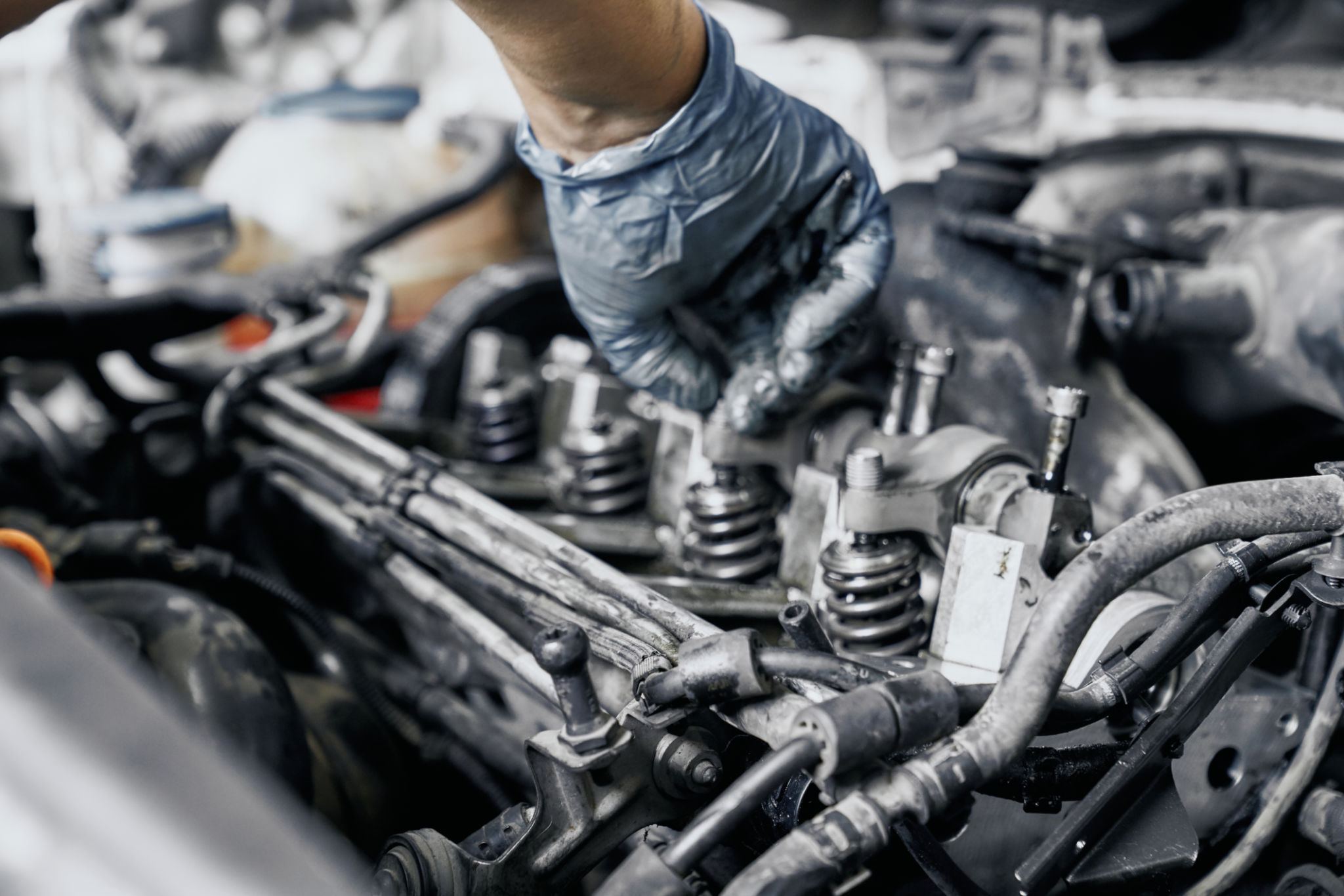Local Regulations for Diesel Engine Maintenance in California
Understanding California's Diesel Engine Regulations
California is known for its stringent environmental regulations, particularly those related to diesel engines. With the state’s commitment to reducing air pollution, businesses and individuals must adhere to specific maintenance and emission standards to stay compliant. Understanding these local regulations is crucial for anyone operating diesel engines in California.

Emission Standards and Compliance
California has implemented robust emission standards for diesel engines under the California Air Resources Board (CARB). These standards are designed to limit the amount of nitrogen oxides (NOx) and particulate matter emitted from diesel engines. Compliance with these standards is mandatory, and failure to meet them can result in hefty fines and penalties.
To ensure compliance, it is essential for operators to regularly inspect and maintain their diesel engines. This includes conducting periodic emissions testing to verify that the engine meets all applicable standards. Many businesses opt for third-party testing services to ensure accuracy and compliance.
Maintenance Requirements
Regular maintenance of diesel engines is not only crucial for performance but also a requirement under California regulations. Operators must follow a strict maintenance schedule that includes:
- Regular oil changes
- Inspection and replacement of fuel filters
- Checking and cleaning of exhaust systems
- Tuning and calibrating of engine components

Record Keeping and Reporting
An often overlooked aspect of compliance is the requirement for meticulous record-keeping. Businesses must maintain detailed logs of all maintenance activities, emissions testing results, and any repairs or modifications made to the engine. These records should be readily available for inspection by regulatory authorities.
Additionally, certain facilities may be required to submit regular reports to CARB, detailing their emissions data and compliance status. This level of transparency helps the state monitor air quality and enforce regulations more effectively.
The Role of Technology
Advancements in technology have made it easier for operators to comply with California's diesel engine regulations. Modern diagnostic tools and software can provide real-time data on engine performance and emissions, allowing businesses to address issues before they become non-compliant. Investing in these technologies can save time and resources in the long run.

The Importance of Training
A well-trained workforce is critical for maintaining compliance with local diesel engine regulations. Employees responsible for operating or maintaining diesel engines should receive regular training on the latest standards and best practices. This ensures that everyone involved is aware of their role in keeping emissions low and maintaining compliance.
Conclusion
Navigating the complex landscape of diesel engine maintenance regulations in California requires diligence and attention to detail. By staying informed about emission standards, maintaining thorough records, utilizing technology, and investing in employee training, businesses can ensure they remain compliant while contributing to a cleaner environment.